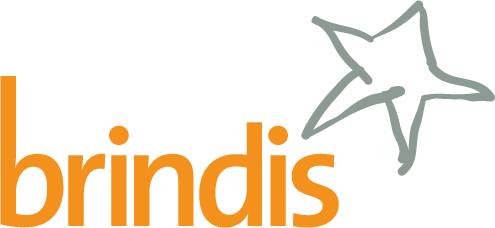Introduction to Coaching

Overview
For every manager, the need to get people to perform at the peak of their ability seems a vital but impossible mission. From our work in developing tea;ms and organisations we know that great coaching differentiates high performing teams from the average ones. Whether your challenge is to develop and motivate your best performers or your poor performers, coaching has a real role to play in the success of your team.
Participants will leave the course understanding their own coaching and learning styles, and how to identify the styles of their staff. They will have an insight into the role of coaching in managing the ‘wave’ of motivation. They will have enhanced their ability to grow, motivate and develop their team and increase the opportunities to delegate. Small group activities and real practice using real issues form an integral part of this highly participative course. Peer group and one-to-one tutor feedback is used to enhance the learning.
Who is it for?
Any manager or team leader who is seeking to improve the way they coach, motivate and empower their people or who wish to develop the competence of their team whilst at the same time inspiring them to exceed what were perceived to be their personal limitations.
Objectives
– Use Improve performance through an effective and flexible coaching framework
– Transform discussions into results
– Encourage others to commit to and own targets that stretch them and transform team performance
– Facilitate the development of others by helping them to explore effectively themselves, others and the situation, to identify the real issues
– Consciously use the work situation as an opportunity for planned learning that motivates the individual
– Monitor and control progress whilst encouraging everyone to develop and grow.
Content
Performance Management
– The role of the manager
– Managing sales performance from outputs to inputs
– Effective process
– Defining best practice
Individual Performance
– Right behaviours, right attitude?
– The ownership profile
– Establishing a review process to develop commitment
– Identifying under performance
The Manager as Coach
– Addressing behaviours
– How attitudes change when under pressure
– Coaching for motivation
– Coaching style – ask versus tell
Defining Coaching
– Coaching and its benefits
– Coaching in the learning cycle
– Creating conscious competence
– Using coaching to build an effective training and development plan for each team member
The Context Of Coaching
– The ‘wave’ of sales motivation
– The importance of constructive feedback
– Staying close
– Giving effective feedback
The Coaching Process
– Creating the right environment
– Using a structure
– Working on the weak areas to improve performance
Coaching Opportunities
– Agreeing goals, targets and timescales
– Critical success factors
– Establishing the right balance
– Connecting the corporate plan with the team and individual objectives
